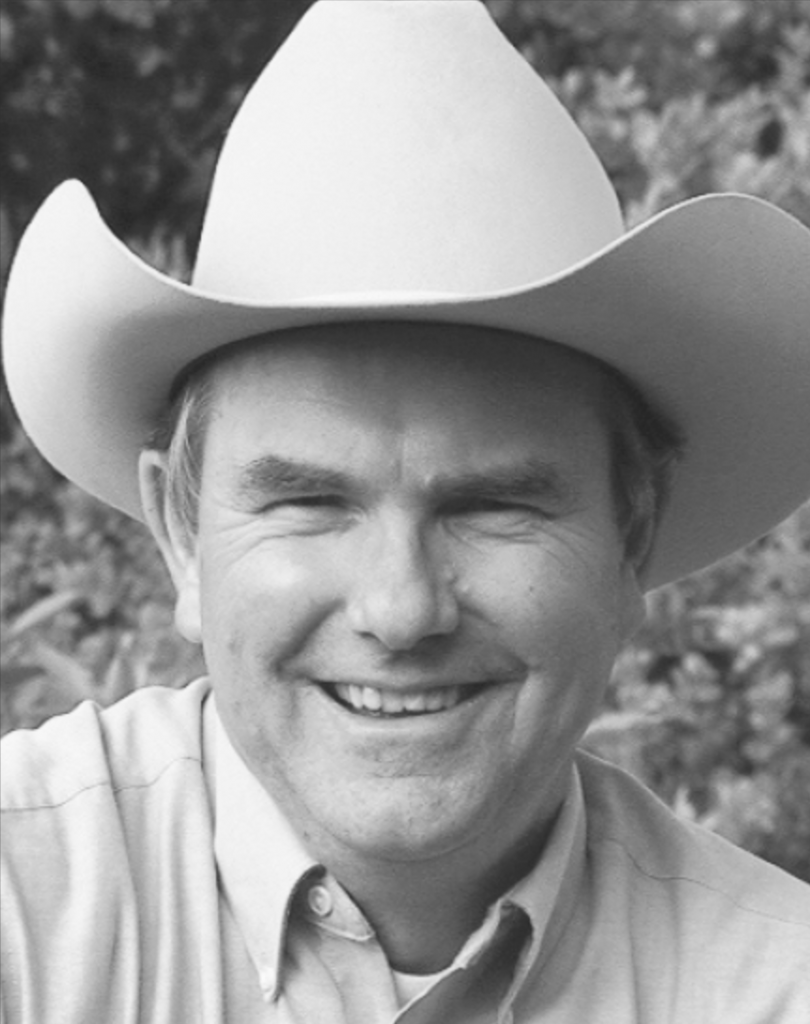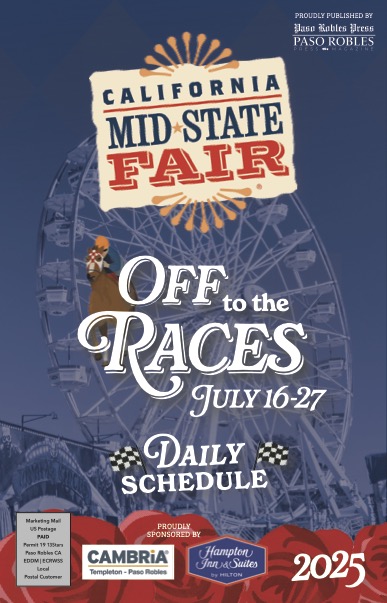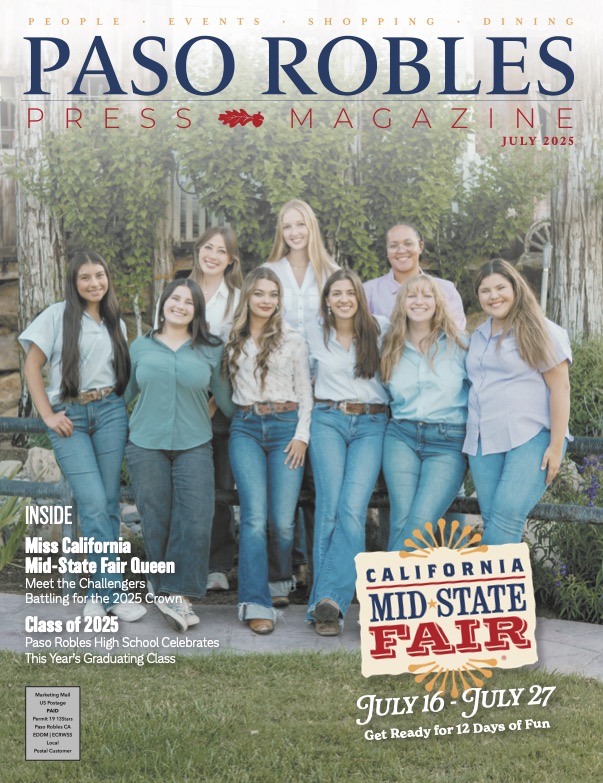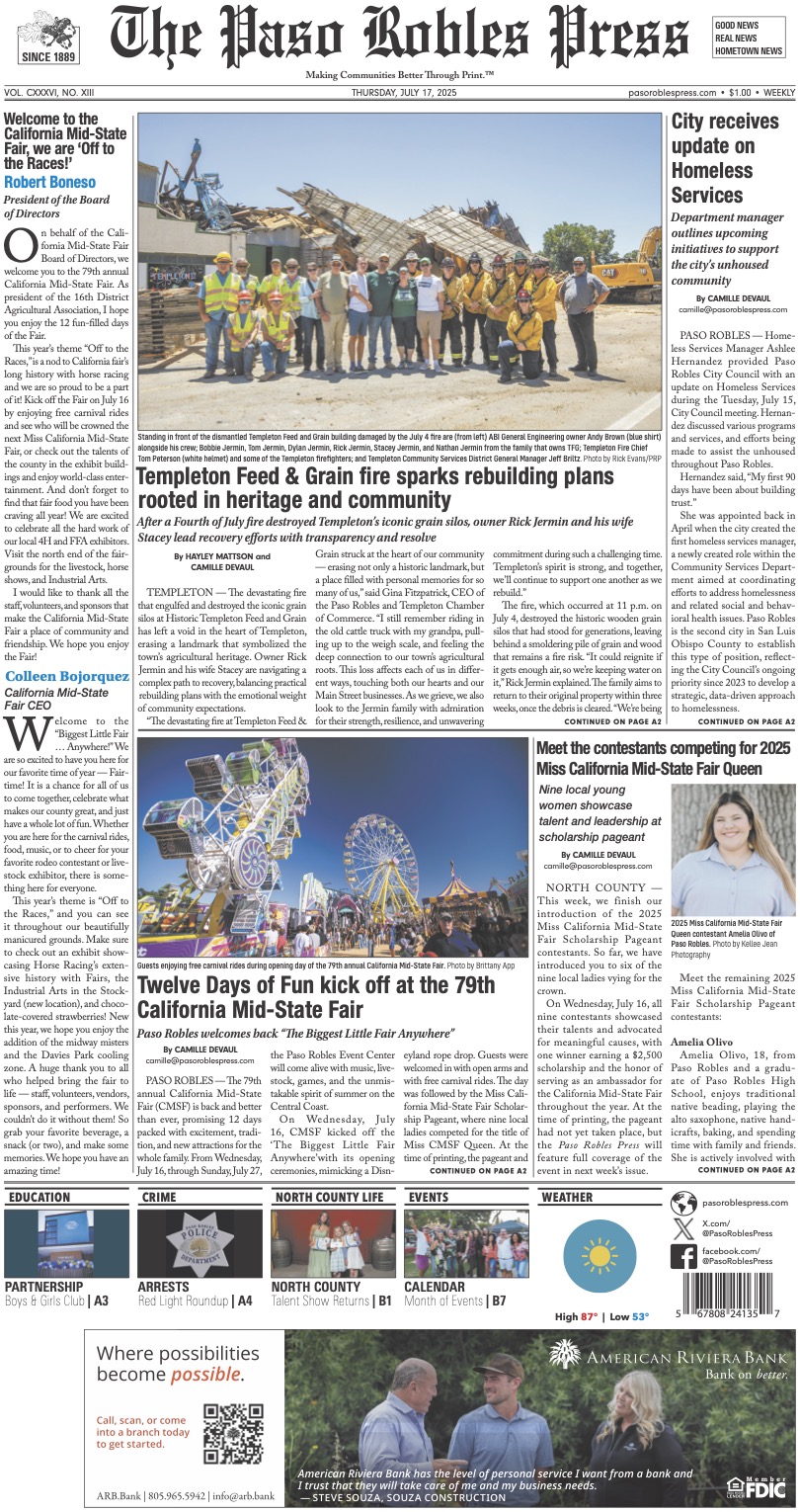
What were those adventurous vagabonds who came west 150 years ago thinking when in just the first 400 miles of their journey from the Platte River to Fort Laramie, they saw 12 graves to the mile documented by shallow graves and crosses made from bedposts, wagon boards and double trees? I don’t know about you, but I’d have given serious consideration to doing a quick about-face and running back home to momma.
How did past generations survive without childproof lids on pill bottles or seatbelts in our vehicles? The teeth marks on the rails of the family crib that was painted with lead based paint are still visible, yet here I am 71 years later and not yet totally demented or deranged. When I think of the busy roads, avenues and streets we darted in and out of on our bikes, not always following our mother’s advice to “look both ways,” it’s a miracle most of us survived. Especially when you consider that our miniature and not fully developed brains weren’t cushioned, insulated, and sheltered from our own stupidity by the now-mandated hard hats.
Was a life just worth less a couple centuries ago when mothers often gave birth to a dozen or so kids knowing that several of them would die before they reached the age of five from eating lye, falling down wells, or from scarlet fever, smallpox, polio, the grip, dropsy, or other diseases that no longer strike fear in households? Were mothers having ‘extra kids’ or ‘spares’ to ensure there’d be enough help during harvest, or was their loss just considered ‘shrink,’ as if kids were a steer on the hoof? Did mothers love their kids any less than they do now?
What the black slaves were thinking when they were put on the auction block and sold like they were cattle or swine. And how did one man ever get it in his head that he had the right to ‘own’ another human being? (Even American Indians owned slaves.)
What were those brave young men thinking when they stormed the beaches of Normandy and saw their fellow soldiers being mowed down in front of them? Were they simply better men than we? And what were American grunts on the ground in Vietnam thinking as they got sprayed by their own planes with cancer-causing Agent Orange and then came home to an ungrateful nation?
I wonder what it was like in the old west to order up a bride from a catalog, not knowing what would step out of the stagecoach? And what did the women think when they ended up with a toothless, alcoholic loser? I suppose it’s no different than having an Internet relationship nowadays. Still …
What was my mom thinking when she got my brother and me a chemistry set for Christmas that had dozens of small bottles filled with dangerous chemicals, including acids that I used to etch the number of my Cub Scout troop on my mom’s favorite furniture? Did the very remote possibility of having your child become the next Marie Curie, Alfred Nobel or Louis Pasteur outweigh the higher probability of having your house blow up because you’re rug rats accidentally built a bomb?
After John Glenn became the first American to orbit the earth, did it make every simple Sunday drive that followed seem rather mundane? Did a speech writer back home at NASA write Neil Armstrong’s now-famous soliloquy when he stepped on the lunar surface for the first time and called it, “One small step for man?” And where did Alan Shepard get the golf club he used to hit a golf ball farther than anyone had ever hit one before? Did he yell “fore”?
What was the ‘risk versus reward’ ratio when the first man ever hopped on the back of a bull to ride him; what makes a person want to drive 300 miles per hour; and why did those in charge of building the Golden Gate Bridge wait until 23 men had fallen to their death before they thought to put up a net to catch them?
Did we discount the value of human life in the past; were lives just worth less? The answer lies in a newspaper headline from long ago that reported on the loss of life in an accident as “fatal but not serious.”













